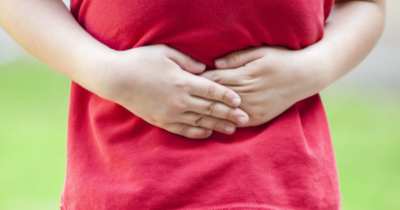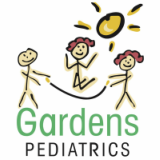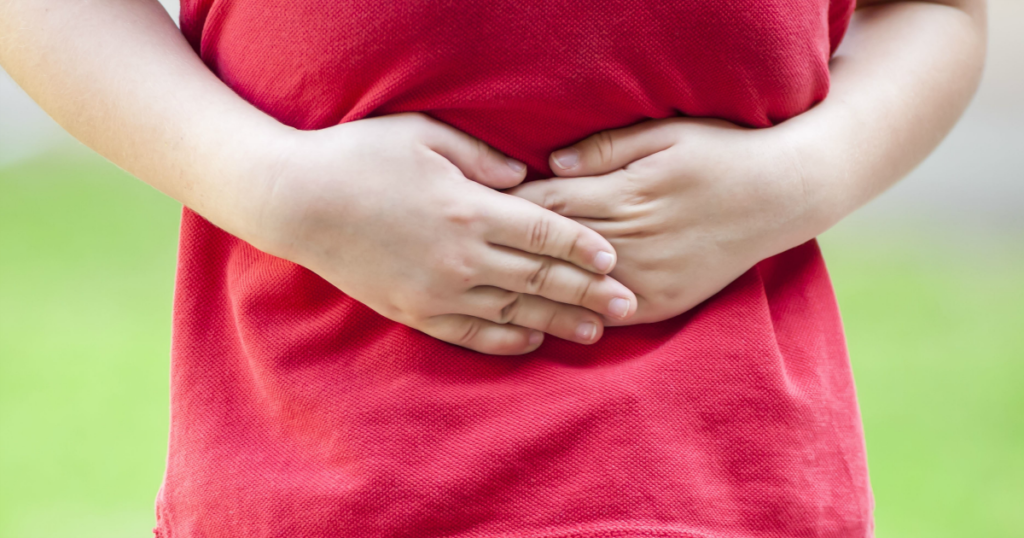
What is Gastroenteritis?
- “Gastro” means stomach. “Entero” means intestine, both large and small. “-itis” means inflammation.
- Therefore, Gastroenteritis is an inflammation and irritation of the intestines, large and/ or small. The inflammation happens in the inner lining of the intestinal lumen.
- “Lumen” means opening.
-
The cause of the inflammation is generally either viral or bacterial.
- (If it’s a bacterial infection, the symptoms are often severe and quickly lead to dehydration.)
Symptoms of Gastroenteritis:
- The typical symptoms include: vomiting, nausea and stomach pain caused by the inflammation of the stomach.
- Loose stool, diarrhea and abdominal cramping caused by the intestinal inflammation.
- Fever and loss of appetite are also common symptoms.
- All these symptoms may lead to the main concern with Gastroenteritis: Dehydration!
When should your child been seen by their pediatrician?
- If your child is vomiting, feeling nauseous, has stomach pain and/ or diarrhea, please have them seen by a pediatrician.
- It is important that a physician rules out other more serious medical conditions before giving your child the diagnosis of Gastroenteritis.
Treatment for Gastroenteritis:
- Once a physician has confirmed that it is Gastroenteritis, unless there is an underlying bacterial infection, the treatment is simply management of symptoms and preventing dehydration.
- Generally the condition is self-limiting and lasts between 2 – 5 days.
- The main objective it to keep the patient hydrated to avoid dehydration.
- While the intestinal layers are inflamed, it is important to rest the intestines by limiting food.
- Below is a list of the best fluids and foods for patients with Gastroenteritis.
Which fluids prevent dehydration:
-
Children need to drink fluids with the right balance of salt, sugar and water to remain properly hydrated.
- Pedialyte, ( Infants and older kids)
- Gatorade (for children over one year old) or you can make your own Oral Rehydrolyte Solution (find recipes at rehydrate.org).
- Avoid giving children with Gastroenteritis: plain water, sodas and juices.
- After each vomiting episode, give the stomach a rest for 1 – 2 hours and slowly reintroduce the proper fluids, as described above by allowing small sips. Increase frequency and volume as tolerated.
- If your child refuses to drink, you can make popsicles out of Pedialyte, Gatorade or the homemade Oral Rehydrolyte Solution. A syringe used to dispense oral medications may also be used to gently administer fluids into the child’s mouth.
What foods can your child with Gastroenteritis eat:
-
Resting your stomach and intestines is the best way to manage the symptoms.
- “Resting” means reduce the amount of food your child eats, and also feed them light and easily digestible foods.
-
The B.R.A.T. diet is recommended for the first 1 – 2 days:
- B stands for banana, R stands for rice, A stands for applesauce and T stands for toast.
- Crackers and dry cereal without milk are also good for an inflamed stomach.
- SLOWLY return to a normal diet, depending on how well the above mentioned foods are tolerated.
- Infants only: Pedialyte for a day and then slowly return to their regular age-appropriate diet.
Common mistakes parents make while managing Gastroenteritis:
-
Giving OTC medications to manage vomiting and/ or diarrhea.
- Some medications block the diarrhea and thereby prolong the illness. Other medications coat the intestines and also prolong the illness.
-
Returning their children to a regular diet too quickly.
- Foods to avoid until a complete recovery has been made: dairy, juice, fried and/ or greasy food and meat.
- These foods cause: cramping as the intestines still have not fully recovered and diarrhea because the food is not being digested.
If your child has the symptoms of Gastroenteritis, remember to exercise great hand washing and increased cleanliness as the underlying virus or bacterial infection could be contagious.
Please contact your child’s pediatrician immediately if you have any concerns of dehydration or if the symptoms don’t start to improve within 48 – 72 hours.
Dr. Nagaraj Gowda

